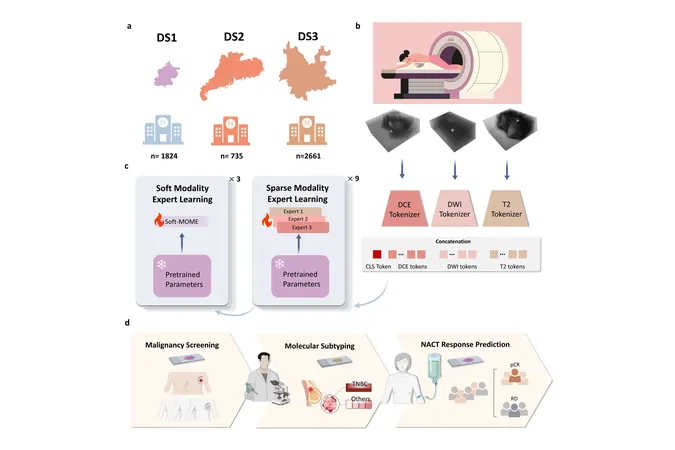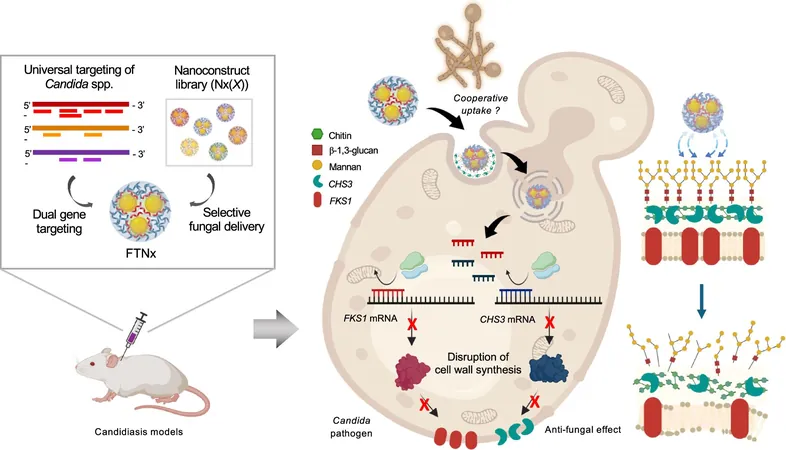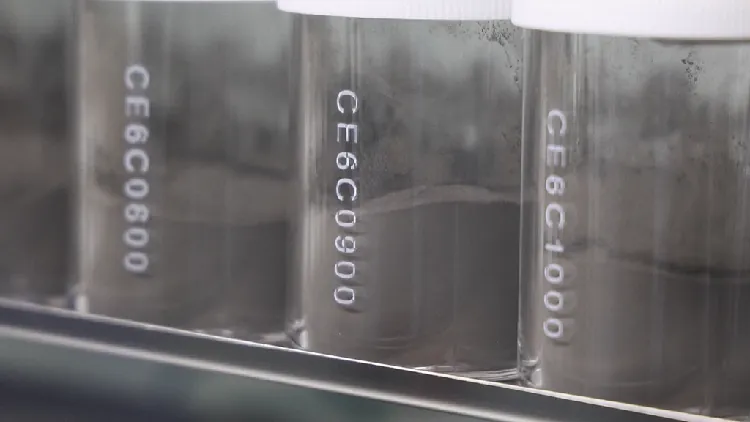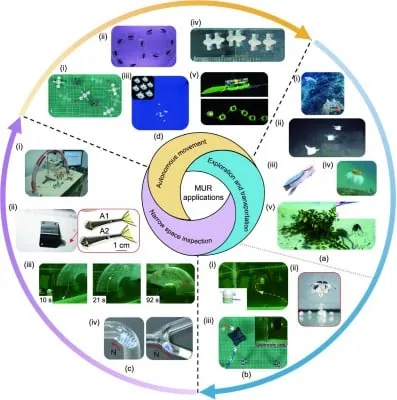
Revolutionary AI Model Set to Transform Breast Cancer Diagnosis with Unmatched Accuracy
2025-06-05
Author: Jia
A groundbreaking development from researchers at the Hong Kong University of Science and Technology (HKUST) has introduced the Mixture of Modality Experts (MOME)—an advanced AI model that promises non-invasive breast cancer diagnosis with expert-level precision.
Harnessing China’s largest multiparametric MRI (mpMRI) dataset, MOME matches the diagnostic skills of seasoned radiologists boasting over five years of experience when it comes to determining tumor malignancy.
A New Era in Breast Cancer Diagnosis
As breast cancer remains one of the most prevalent threats to women’s health globally, rapid and precise diagnosis is vital. Early detection and accurate molecular subtyping are crucial to tailoring effective treatment plans. Traditional AI systems often struggle with the challenges presented by varying imaging modalities in mpMRI data, especially when certain sequences are absent.
To combat these issues, the HKUST team collaborated with leading medical institutions to assemble an unprecedented dataset, ultimately crafting MOME—an AI model adept at learning from an array of data types. Utilizing a "mixture-of-experts" approach combined with a sophisticated "transformer" architecture, MOME seamlessly integrates diverse information while maintaining accuracy even when key imaging sequences are missing.
Promising Results in Reducing Unnecessary Procedures
In initial trials, MOME showcased diagnostic accuracy comparable to that of highly experienced radiologists. Impressively, it identified benign cases among BI-RADS 4 patients—those flagged with suspicious imaging findings—thus reducing the need for invasive biopsies.
Additionally, MOME provided valuable insights into predicting responses to neoadjuvant chemotherapy, a vital treatment aimed at shrinking tumors pre-surgery, alongside successful classification of the aggressive triple-negative breast cancer subtype, which necessitates specialized care.
Unlocking AI's Potential in Medicine
Professor Chen Hao, an assistant professor in multiple departments at HKUST and a key contributor to the research, stated, "MOME's remarkable adaptability and interpretability present incredible opportunities for clinical integration. This model not only enhances diagnostic reliability but also fosters transparent decision-making, underscoring the transformative impact of AI in medical imaging. Ultimately, it paves the way for more personalized and non-invasive cancer management."
As technological advancements continue to surge, experts believe models like MOME will play an essential role in empowering healthcare professionals and elevating patient care in the foreseeable future.
Collaborative Research Making Waves
The research titled "A Large Model for Non-Invasive and Personalized Management of Breast Cancer from Multiparametric MRI" reflects a collaborative effort among HKUST's Smart Lab, Harvard University, Shenzhen People's Hospital, PLA General Hospital, and Yunnan Cancer Center. Dr. Luo Luyang, a postdoctoral fellow who once worked alongside Professor Chen at HKUST, led the research as its first author.



 Brasil (PT)
Brasil (PT)
 Canada (EN)
Canada (EN)
 Chile (ES)
Chile (ES)
 Česko (CS)
Česko (CS)
 대한민국 (KO)
대한민국 (KO)
 España (ES)
España (ES)
 France (FR)
France (FR)
 Hong Kong (EN)
Hong Kong (EN)
 Italia (IT)
Italia (IT)
 日本 (JA)
日本 (JA)
 Magyarország (HU)
Magyarország (HU)
 Norge (NO)
Norge (NO)
 Polska (PL)
Polska (PL)
 Schweiz (DE)
Schweiz (DE)
 Singapore (EN)
Singapore (EN)
 Sverige (SV)
Sverige (SV)
 Suomi (FI)
Suomi (FI)
 Türkiye (TR)
Türkiye (TR)
 الإمارات العربية المتحدة (AR)
الإمارات العربية المتحدة (AR)